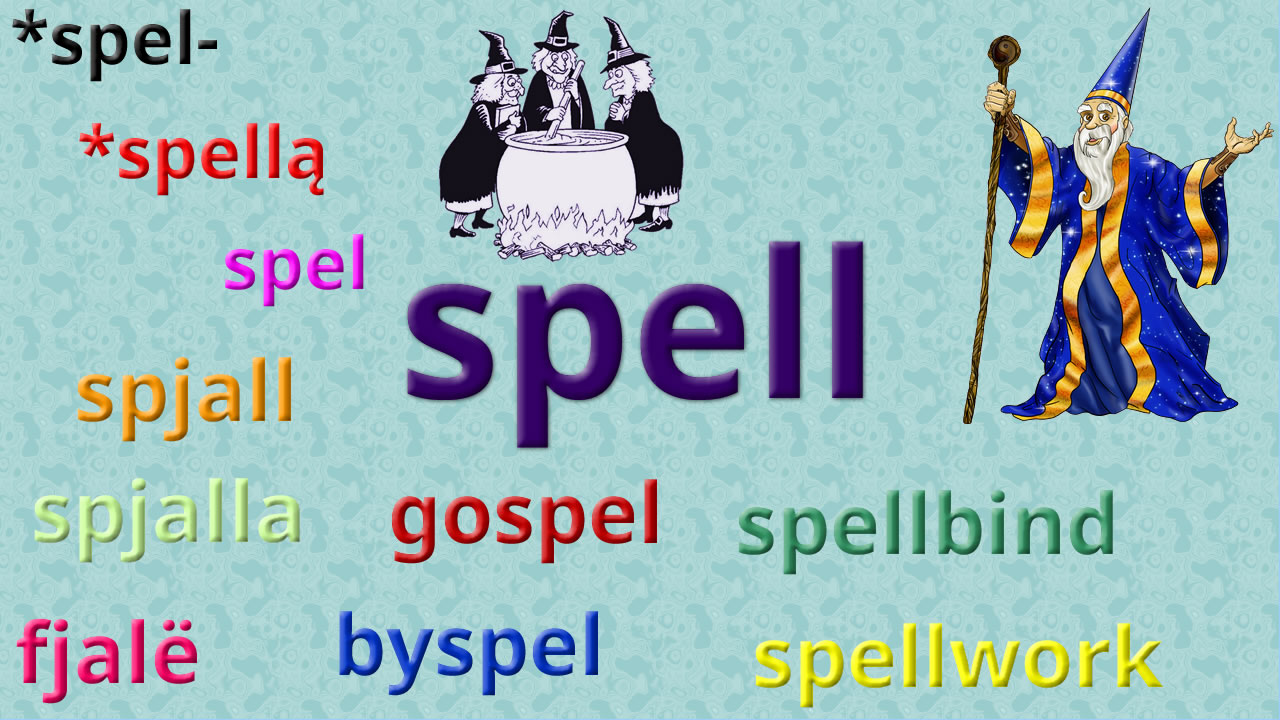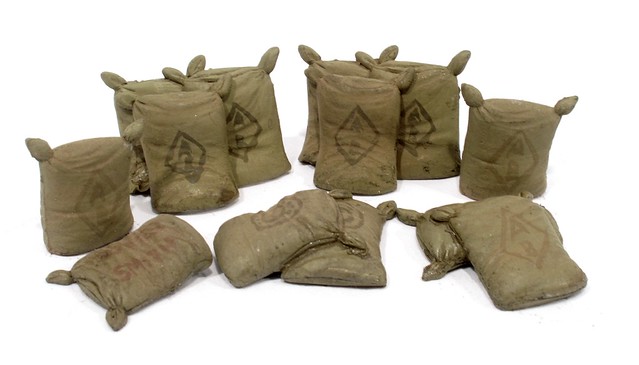Podcast: Play in new window | Download
Here’s the latest news from the world of Omniglot.
There are new language pages about:
- Wapishana (Wapixana), a Northern Arawakan language spoken in Guyana and Brazil.
- Ketengban, an Eastern Mek language spoken in Highland Papua Province in Indonesia.
New constructed script: High Gavellian, which was created in 2020 by the developers of the Minecraft MMORPG Wynncraft, and is used to write English and Irish in the game.

New adapated script Glagoñol (Ⰳⱉⰰⰳⱁⰾⰹⱌⱏ), which is a way to write Spanish with the Glagolitic alphabet devised by Rodrigo Bustamante Solano.

There are new numbers pages in:
- Dawan (Uab Metô), a Timoric language spoken in East Nusa Tenggara province on the island of West Timor in Indonesia.
- Ngalum, am Ok language spoken in Papua province of Indonesia, and in Sandaun province of Papua New Guinea.
- Lepki, a South Pauwasi language spoken in Western New Guinea.
- Mao (Emela), an Angami-Pochuri language spoken in Manipur and Nagaland in northeastern India
- Ketengban, an Eastern Mek language spoken in Highland Papua Province in Indonesia.
There are new Tower of Babel translations in: Pamona, Tobelo, Termanu, Una, Rampi, Gorontalo, Saluan, Mentawai, Banggai and Sangirese.
There’s a new page of silly phraes, mostly from Duolingo, in Scottish Gaelic
New article: Four Nordic languages around the Baltic Sea – Fynsk, Åländska, Malax and Estonian Swedish
There’s an Omniglot blog post about the Scots word Snoozle, which means to snooze or doze, or to nuzzle, poke with the nose or snuggle, and the usual Language Quiz. See if you can guess what language this is:
Here’s a clue: this language is in the northwest of China.
The mystery language in last week’s language quiz was
Boro / Bodo (बर’ राव), a member of the Sal branch of the Sino-Tibetan language family spoken in northeast India and eastern Nepal.
There’s a new Celtiadur post about words for Peace and Fairies and related things in Celtic languages.
On the Celtic Pathways podcast we look into the origins of words for sacks, bags, bellys and related things in Celtic languages, and discover that the English words bulge, bilge and budget have Celtic roots.
In this week’s Adventure in Etymology we tell tales about the origins of the word spell and related words.
For more Omniglot News see:
https://www.omniglot.com/news/
https://twitter.com/Omniglossia
https://www.facebook.com/groups/omniglot/
https://www.facebook.com/Omniglot-100430558332117
You can also listen to this podcast on: Apple Podcasts, Amazon Music, Stitcher, TuneIn, Podchaser, PlayerFM or podtail.
If you would like to support this podcast, you can make a donation via PayPal or Patreon, or contribute to Omniglot in other ways.









